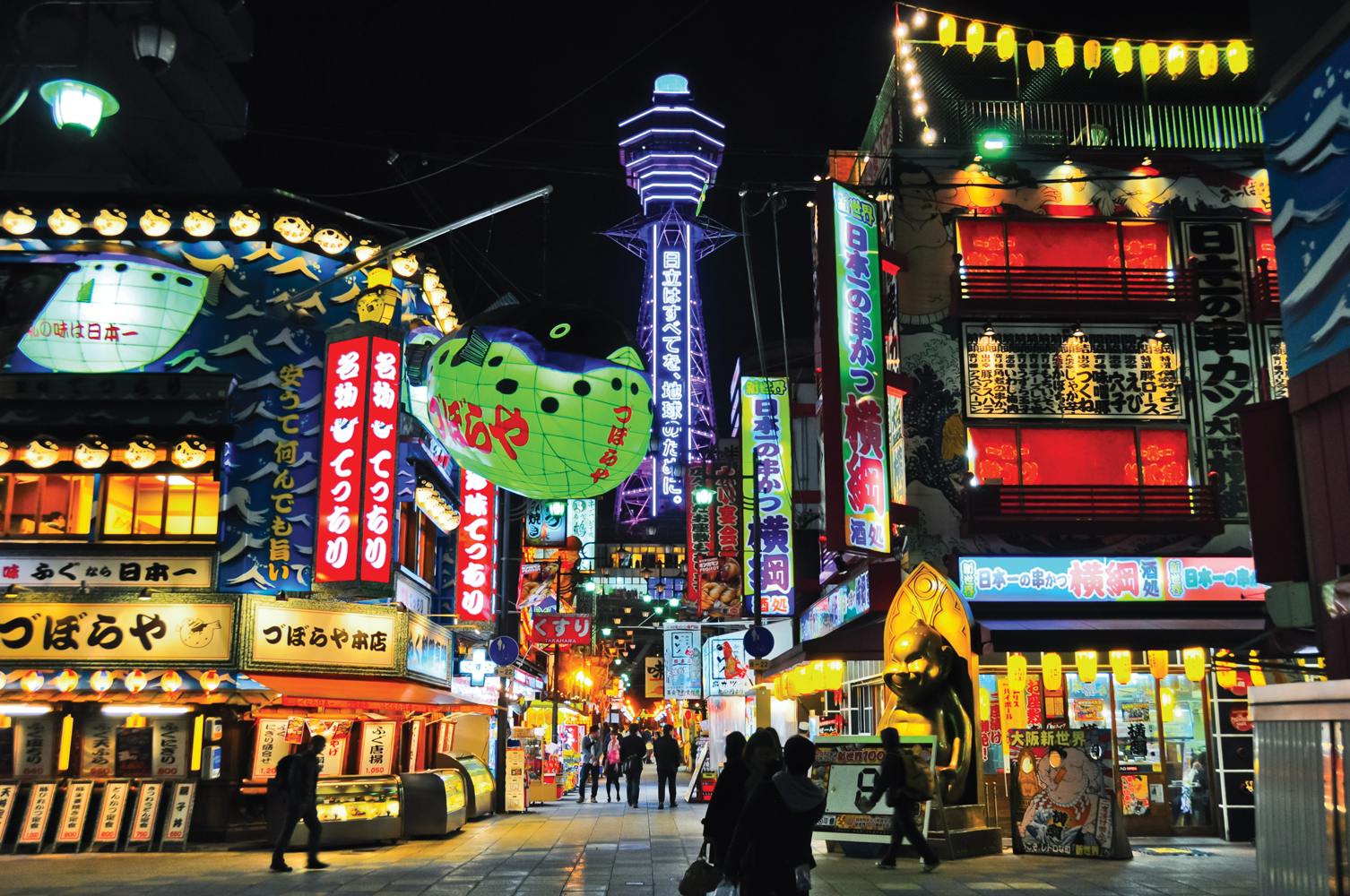Investing
The five best and worst Japan funds since Abe’s return

The return of Japan’s Prime Minister Shinzo Abe has boosted the country’s stock market and lifted inflation, but which managers have benefited most so far, and which have lagged behind?
The country’s main indices – the Nikkei and the TOPIX – have seen huge surges, with the former up 28.9% year to date and the latter up 32.9%.
Returns have picked up amid a major weakening of the yen versus the US dollar, with the yen down almost 13% year to date as the PM’s easing policies help weaken the country’s currency.
But which funds have managed to get the most out of the dramatic rise in share prices on the Japanese market?
Across the IMA Japan sector the average fund has lagged the index gain, up only 24.1%, while the few Japanese Smaller Companies funds which comprise the sector have outperformed, with an average gain of 33.6%.
However, while the average Japan fund may have lagged the striking rise in the country’s main stock markets, a number have delivered much greater returns for investors.
Below are the top five performers since Abe’s return, as well as the five funds investors will have wished they steered clear of.
Top 5
Legg Mason Japan Equity 62%
Hideo Shiozumi’s fund has once again left all-comers standing as his unorthodox style continues to reap rewards for those brave enough to handle the volatility.
Invesco Perpetual Japanese Smaller Companies 45.31%
Run by Osamu Tokuno, this smaller companies fund has benefited from the sharper rally seen in the more volatile small and mid-cap companies operating in Japan.
Some of its largest holdings – including manufacturer Enplas – have doubled in price since the start of the year, as investors flocked back to the region amid signs its economy is recovering.
Baillie Gifford Japan Smaller Companies 40.2%
John MacDougall and his team have outperformed not only the wider Japanese stock markets but also the small-cap index his fund is becnhmarked against, with a number of consumer discretionary plays powering returns.
Baillie Gifford Japanese 35.53%
Sarah Whitley and Matthew Brett’s £331m fund is focused on the manufacturing and electricals sectors, as well as owning a number of businesses with a global footprint.
Its focus on exporters has helped lift it into the upper echelons of the sector, as the radical easing programme introduced by the PM helped weaken the yen.
JPM Japan 33%
Managed by a team headed up by Shoichi Mizusawa, Nicholas Weindling and Naohiro Ozawa, the fund is more focused on large caps than some of its peers in the top five, with a number of major banks faturing in the top ten recently.
Worst five
Scottish Widows Japanese Focus 12.2%
The worst fund across the IMA Japan sector, it made just 12% for investors so far this year, around half of that achieved by the stock market alone.
Run by Schroders Nathan Gibbs’ on behalf of Scottish Widows, it focuses on large-cap stocks, but has failed to keep pace with large-cap indices.
Schroder Japan Alpha Plus 13.32%
Gibbs’ £58m flagship fund is the second-worst performer, the manager’s performance having taken a turn for the worse in recent years.
Schroders said recently it is backing the manager – who has run the fund for nearly 13 years – to turn performance around with some new ideas.
Aberdeen Global Japanese Equity 15%
One of two funds from Aberdeen that features in the list, and run by the group’s Japanese equity team, performance has reversed in the last year.
Aberdeen Japan Growth 16.6%
The £406m fund has produced a similar return to the global portfolio, with some bets such as camera maker Canon working against the fund year to date after a sell-off in May.
Tiburon Taiko Unhedged 17.2%
A long-only fund run by boutique Asian specialist Tiburon Partners, the fund is a highly concentrated portfolio of between 20 and 30 stocks.
Run by two of the group’s partners, it has lagged the wider rally seen across Japanese equity markets so far this year.
Data covers year to 19 August. Source: Morningstar.